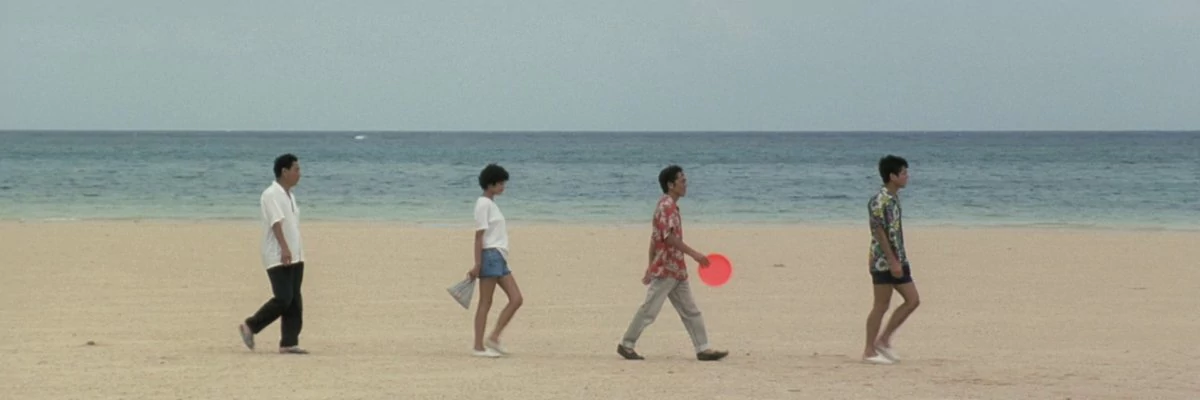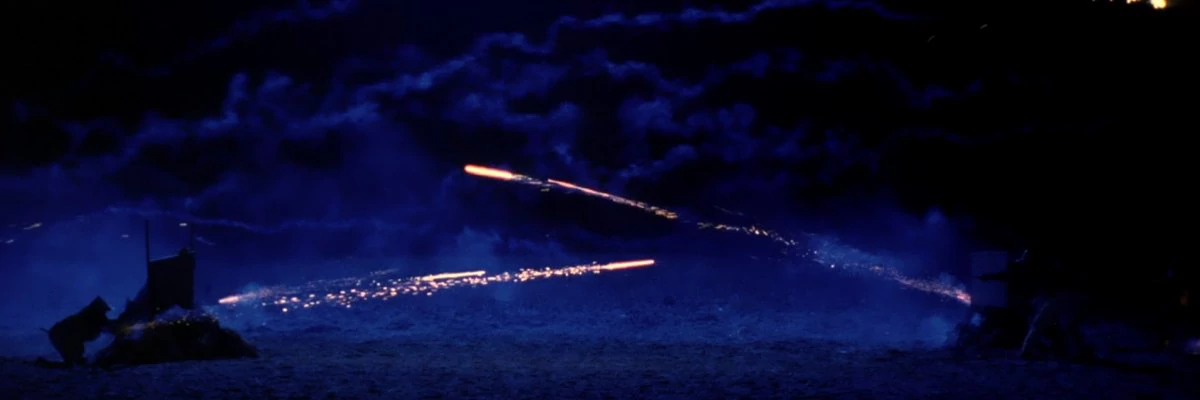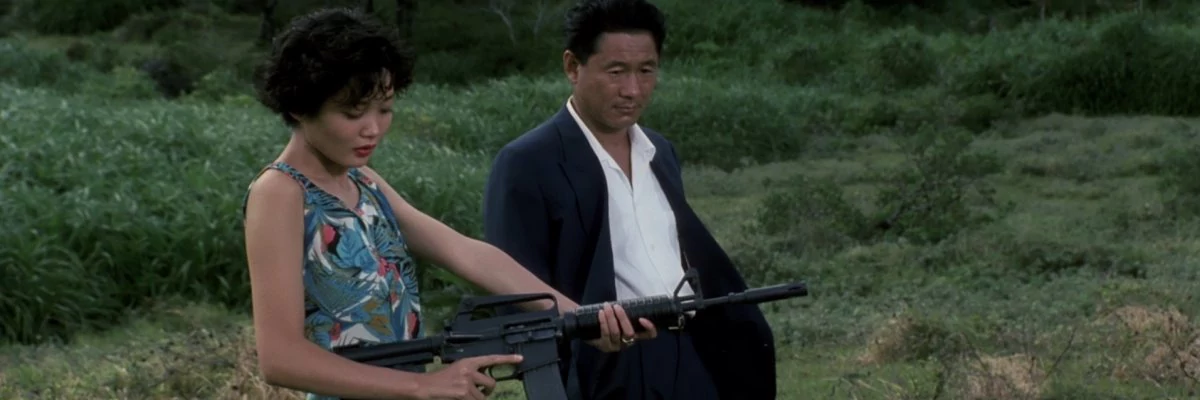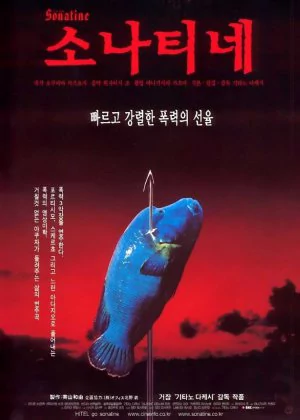Sonatine
Revisiting Takeshi Kitano's older films has been a true delight so far, still Sonatine passed its 20-year anniversary last year, so I was anxious to see how one of Kitano's first films would hold up after all this time. Whatever worries there were, they quickly disappeared once the film started. While the film has clearly aged in some departments, Kitano's trademark style more than makes up for whatever dust gathered on its celluloid.

Back in 1993 Kitano was working hard to get his career as a film director off the ground. Sonatine was his fourth film already, but it was the first one that brought all of his typical traits together. Kitano fans will surely recognize the flashes of genius that would become the basis of success for films like Fireworks and Kikujiro. With a little help of Tarantino (and his production company) it even became an internationally acclaimed film, though Kitano would have to wait more than 7 years for that to happen.
Sonatine is the blueprint of what would be known as the "typical Kitano Yakuza flick" (a classification Kitano would try to fight off eventually with Dolls and his trilogy of self-referential films. A mix of sudden, violent outbursts with silly Yakuza characters and poetic (yet often childish) moments of goofing around. All of that topped off by Kitano's own film persona. It's a peculiar mix that may feel a little offensive to real-life Yakuza, luckily for Kitano their sense of humor turned them into big fans of his films.
The plot itself is pretty basic. The film starts off with some standard Yakuza ramblings. Murakawa's fraction is making a name for itself (and quite a lot of money to go with that), which brings up the worst in some of his fellow clan members. They ship Murakawa off to Hokkaido on the pretence of helping out a friendly clan boss. When Murakawa arrives in Hokkaido he quickly catches on, but by then it's too late already as their adversaries are well on their way to decimate Murakawa's forces.

Visually, the film is definitely starting to show its age. Sonatine looks a little grim, lifeless and gray, while the camera work is a bit too loose and unstable at times. Kitano does his best to introduce some interesting angles and does manage some nice compositions, especially during the middle part, but it's the sharp and precise editing coupled with Kitano's unique sense of timing that keeps the film interesting on a visual level.
As was usually the case with Kitano's older films, Joe Hisaishi was put in charge of the score for Sonatine. The effect of Hisaishi's score on the overall atmosphere here cannot be underestimated. The fact that the leisurely interludes work is in part due to Hisaishi's sober yet beautifully upbeat music. Even though not all tracks are equally successful, the music used for the beach scenes is legendary and immediately recognizable. The way a good score should be.
When Kitano takes up a lead role, all the attention is immediately drawn to his persona. It doesn't matter if he fills up the screen or merely trots by in the background, he has a special aura that lends him a tremendous screen presence. He's also one of the very few people who can pull off the combination between a violent madman and an adorable man child, which is exactly what his character is supposed to be here. With Kitano on board you hardly need a secondary cast, then again, when people like Tetsu Watanabe, Ren Osugi and Susumu Terajima are willing to assist, things only get better.

The first part of Sonatine is solid Kitano fun, but the film truly blossoms when Murakawa's crew is forced to hide out in a shack near the beach. With nothing to do, Murakawa and his henchman end up passing the time with silly games. The sumo wrestling show, the shower scene and the nightly fireworks stand-off are all Kitano classics and give the film a pleasantly unique edge that lifts it far above standard Yakuza fare. Not everyone will appreciate this lengthy intermission, but those people can warm themselves to the fact that the finale is every bit as explosive as you'd expect it to be.
Even though the films Kitano made prior to Sonatine aren't bad at all, Sonatine is the first true testament to his genius. The blend of sudden violence with quirky fun forms an explosive cocktail that's not only great to watch, but helps to get a feel for what would otherwise be lifeless characters. Sonatine is the ideal starting point for people who want to acquaint themselves with Kitano's oeuvre, and it's essential viewing for everyone who likes to dabble in Asian cinema once in a while.
